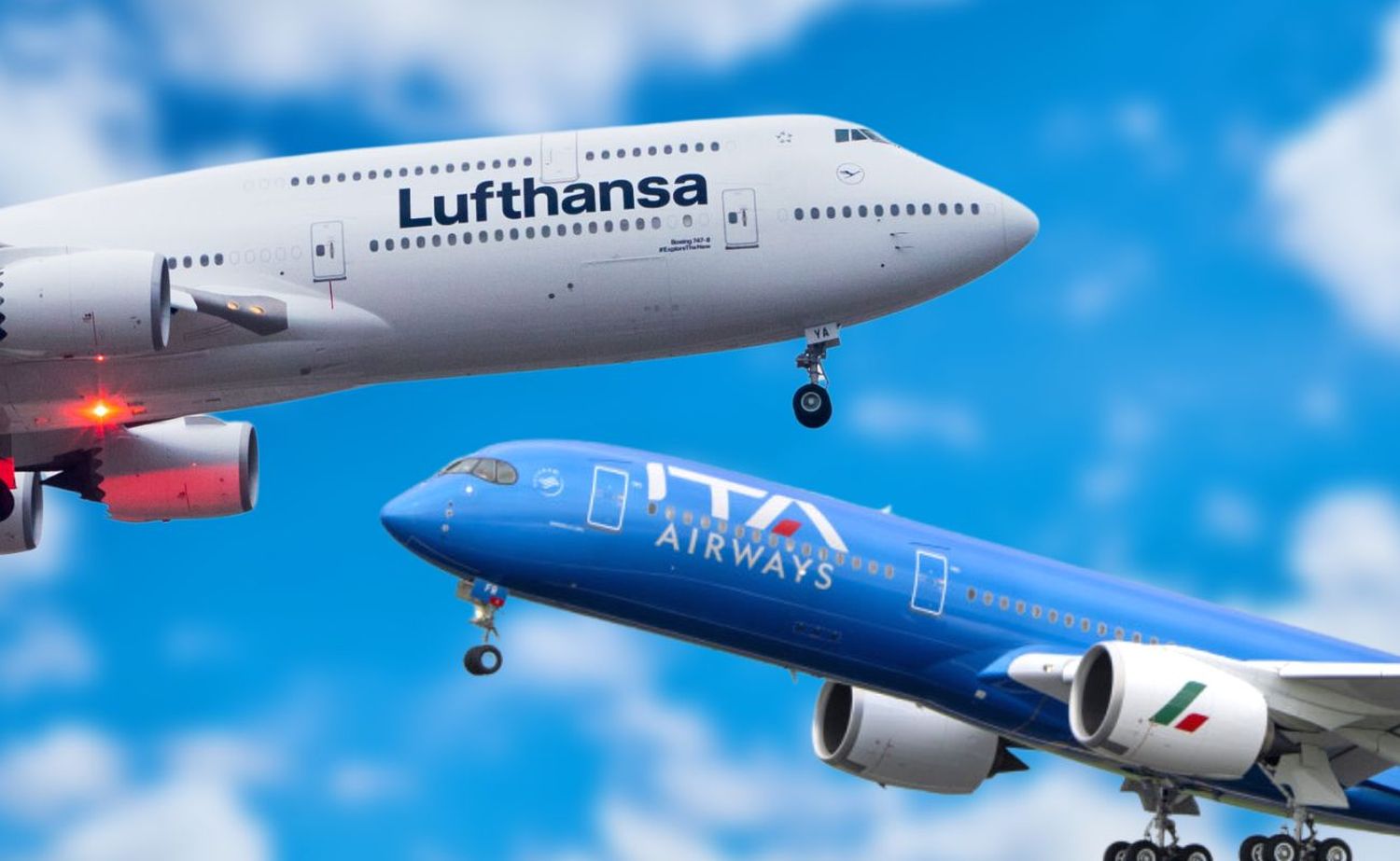Reaction to Lufthansa – ITA Deal: German and Italian Pilot Unions Agree on Closer Cooperation and Coordination
In response to the Lufthansa Group’s merger with ITA, the German Airline Pilots’ Association Vereinigung Cockpit (VC) and the Italian counterpart Associazione Nazionale Professionale Aviazione Civile (ANPAC) have agreed to strengthen their collaboration and coordination in collective bargaining.
During a meeting in Rome, VC President Stefan Herth and ANPAC President Riccardo Canestrari expressed their support for the merger while emphasizing the need to protect employees’ interests on both sides. They made it clear that there will be no undercutting competition within the Lufthansa Group.
Enhanced Cooperation and Coordination
VC President Stefan Herth stated, «We have responded to the latest developments within the Lufthansa Group by establishing close German-Italian coordination and solidarity. With our new Group Collective Bargaining Commission, we have already achieved a well-functioning harmonization among Lufthansa’s German airline companies.»
«We are also in close contact with our colleagues in Switzerland and Austria. The logical consequence of these recent developments is to not only engage in informal exchange with our Italian colleagues, but to closely coordinate our activities and work together,» Herth added.
Advocating for a European Framework
Looking beyond the Lufthansa Group, both unions emphasize the need for a legal framework from policymakers that applies to collective agreements throughout Europe. They will continue to campaign for this in public and political spheres.
ANPAC President Riccardo Canestrari commented, «For ANPAC, the merger between Lufthansa and ITA Airways has been welcomed from the outset. Today’s meeting with our colleagues is an important milestone in the existing collaboration between our Associations at the international level. It lays the foundation for a permanent exchange and coordination between the professional representatives of ITA Airways and Lufthansa, optimizing terms and working conditions across all companies within the Lufthansa Group.»
Transnational Trade Union Efforts
The unions recognize the importance of cross-border coordination in response to the transnational structures in the airline industry. They stress the need for policymakers to establish equal legal standing for employees alongside employers. National labor laws often fall short in addressing the needs of workers in transnational corporations, necessitating a European or international framework for collective agreements.


Comentarios
Para comentar, debés estar registrado
Por favor, iniciá sesión